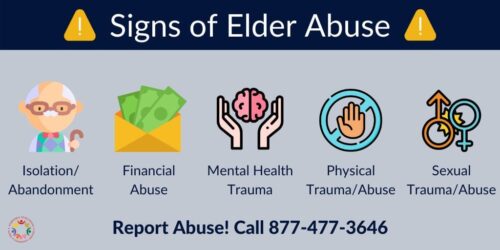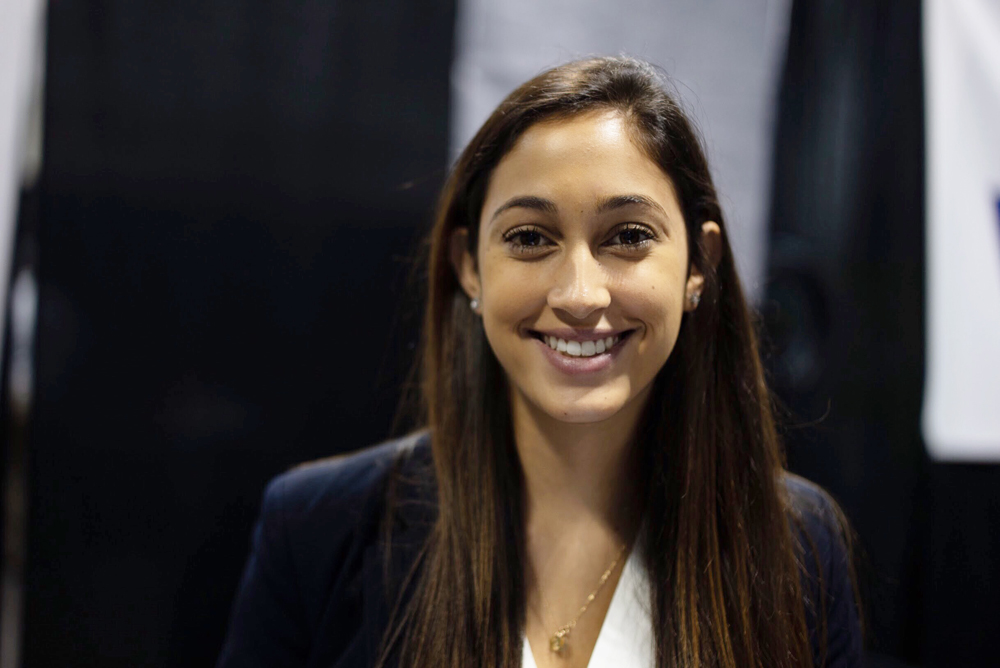Recognizing and preventing elder abuse

Elder abuse occurs when an adult over the age of 60 is abused, neglected, or financially exploited by someone they trust such as a family member, a stranger, health care provider, caregiver, or friend. Specifically, it includes physical, sexual, emotional/psychological abuse in addition to financial exploitation, abandonment and neglect. Abuse can happen anywhere including in an older person’s home, a family member’s home, a nursing home, or an assisted living community.
“Approximately 260,000 older adults are victims of elder abuse each year in New York State,” said New York State Office for the Aging (NYSOFA) Director Greg Olsen. “For every reported case, 23 cases go unreported, making it vital for the public to recognize signs of abuse and act.” The statistics come from a statewide Elder Abuse Prevalence Study by Lifespan of Greater Rochester, Inc., Weill Cornell Medical Center of Cornell University, and the New York City Department for the Aging.
“Across the state, our local departments of social services’ adult protective units continue to work tirelessly to investigate, address and mitigate allegations of abuse, neglect, and financial exploitation,” said New York State Office of Children and Family Services (OCFS) Commissioner Sheila J. Poole. “We know that our most senior New Yorkers are more at risk of becoming victimized due to the aging process, increased medical needs and social isolation, certainly worsened by the consequences of COVID-19. It is more important today than ever for all community members to understand the risks facing our elderly population and to recognize and report possible signs of abuse.”
Identifying Abuse
To identify possible abuse, individuals should look for the following signs, including if a person:
•Seems depressed, confused, or withdrawn.
•Is isolated from friends and family.
•Has unexplained bruises, burns, or scars.
•Exhibits poor hygiene or appears underfed, dehydrated, overmedicated or undermedicated, or is not receiving needed care for medical problems.
•Has bed sores or other preventable conditions.
•Exhibits recent changes in banking or spending patterns.
Reporting Abuse
For law enforcement to intervene and pursue any criminal charges, suspected abuse must be reported and properly investigated.
•To report abuse, individuals should call the Adult Protective Services (APS) helpline at 1-844-697-3505.
•For emergencies that require immediate attention, call 9-1-1.
•For non-emergency assistance, individuals can call the helpline for concerned individuals who might be worried about a friend or loved at 1-844-746-6905.
New York is responding to elder abuse in a variety of ways across multiple state agencies. Additional resources to address specific needs can be found at https://aging.ny.gov/elder-abuse.
Provided information



